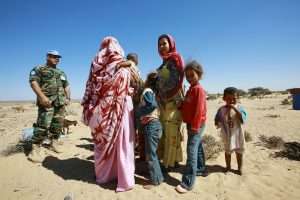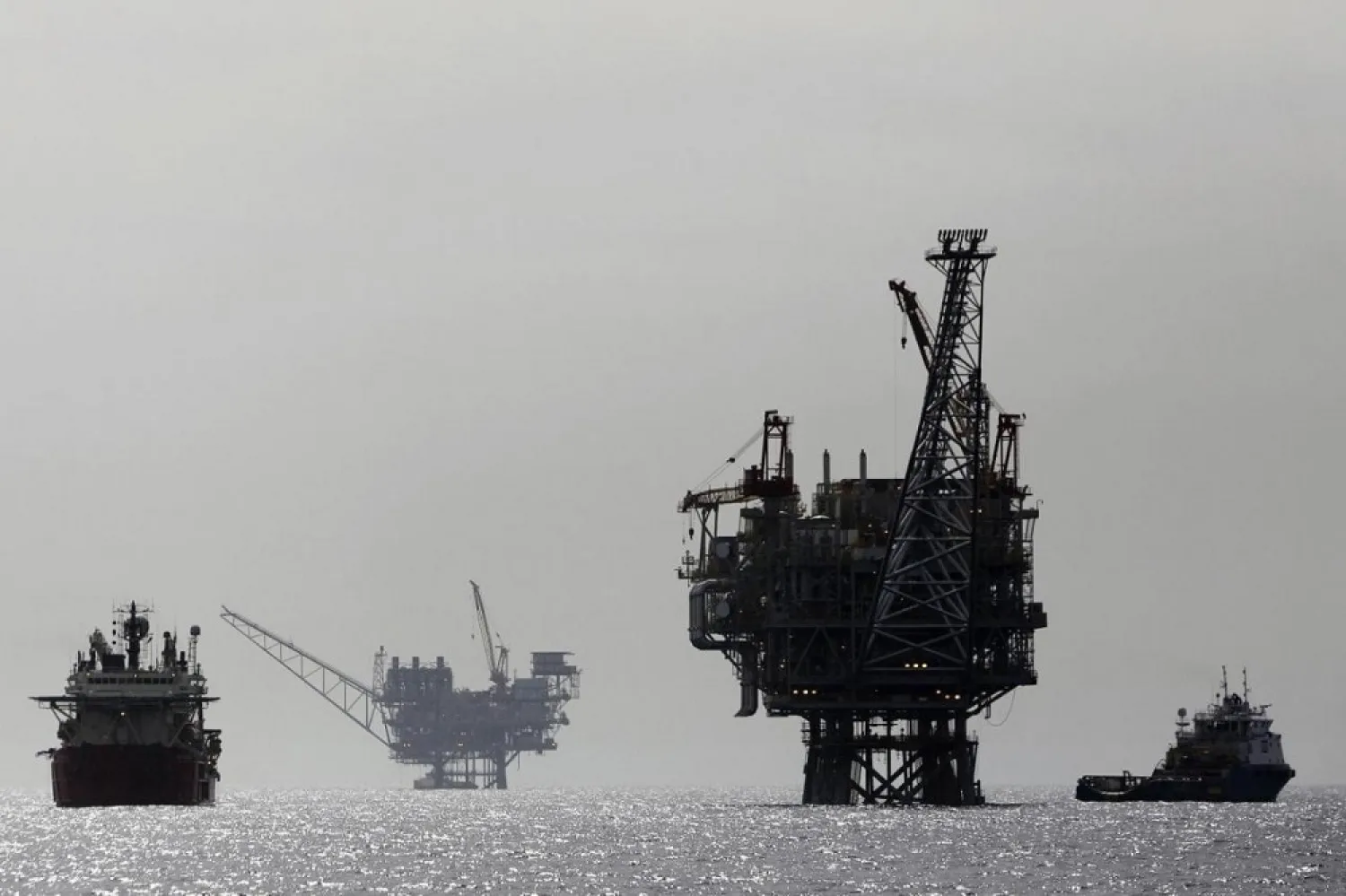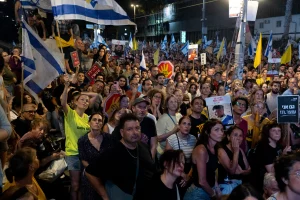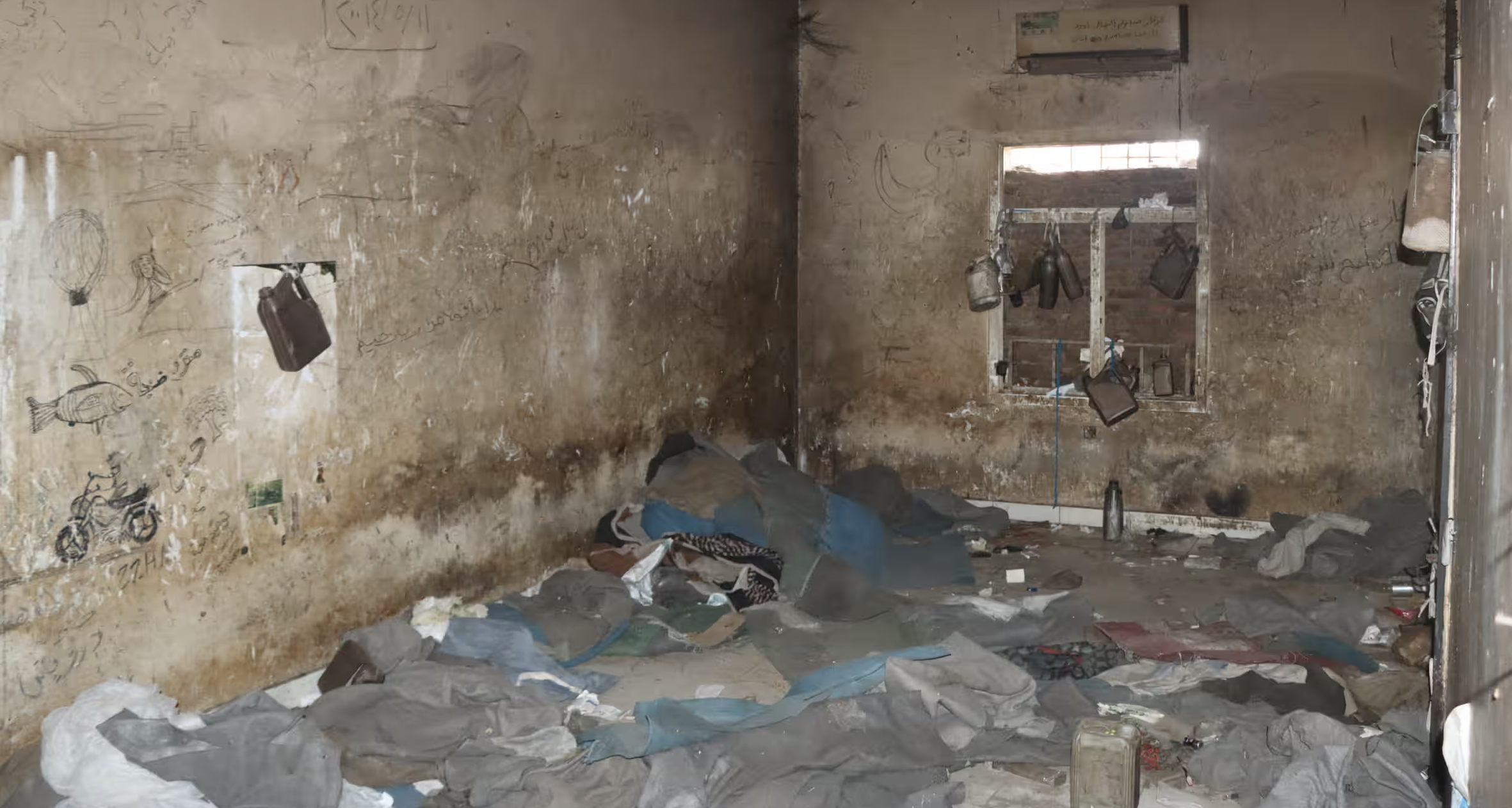Khamenei warns: don’t tie Iran’s fate to US talks
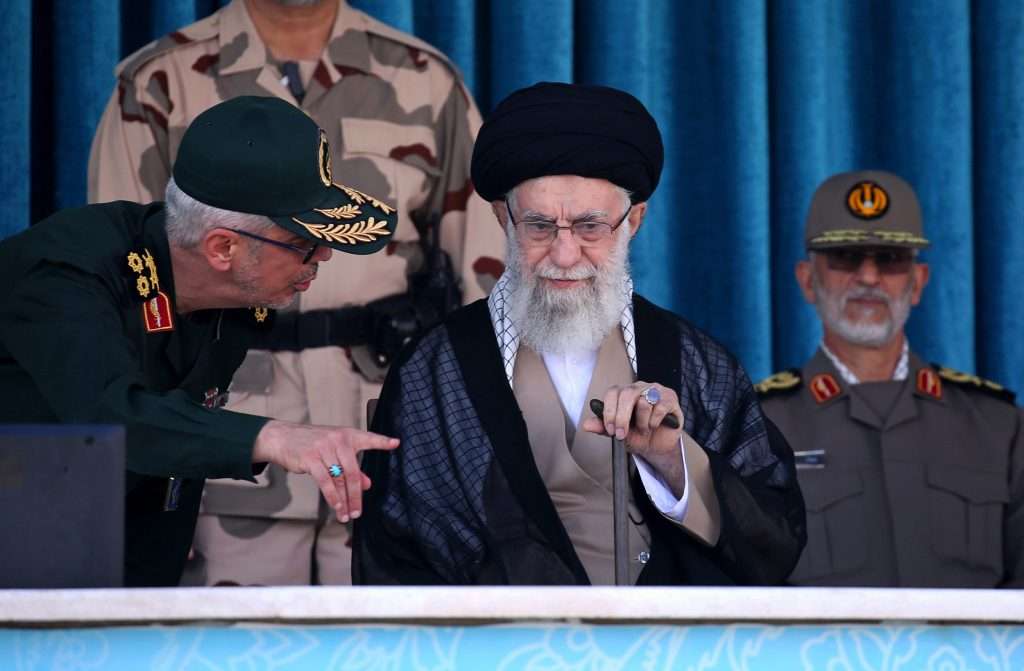
In this picture released by the official website of the office of the Iranian supreme leader, Supreme Leader Ayatollah Ali Khamenei, center, listens to chief of the General Staff of the Armed Forces Gen. Mohammad Hossein Bagheri at a graduation ceremony for a group of armed forces cadets at the police academy in Tehran, Iran, Monday, Oct. 3, 2022. Khamenei responded publicly on Monday to the biggest protests in Iran in years, breaking weeks of silence to condemn what he called “rioting” and accuse the U.S. and Israel of planning the protests. (Office of the Iranian Supreme Leader via AP)
Supreme Leader Ayatollah Ali Khamenei urged caution on April 15th over prospects of a breakthrough in nuclear negotiations with the United States, following renewed talks that have sparked hopes among Iranians suffering under severe economic pressure.
According to the Arab Weekly, the remarks come amid growing anticipation of a deal that could ease sanctions and offer relief to Iran’s struggling economy, which has endured years of isolation and hardship.
“We are neither overly optimistic nor pessimistic regarding them.” Khamenei told senior Iranian officials, according to state media.
“After all, it is a process which was decided, and its first steps have been well implemented.”
He stressed that the nation’s fate should not be tied to the outcome of the talks, which he said could succeed or fail.
The cautious tone follows a round of indirect talks in Oman last weekend between US and Iranian negotiators, which both sides described as constructive.
A second round is scheduled for April 19th in Muscat.
The resumption of dialogue has fueled public hope, evident in a sharp 20% rebound in the Iranian rial currency against the US dollar over just a few days.
Inside Iran, citizens weary of inflation, high unemployment, and widespread economic stagnation have expressed hope that the negotiations may lead to a reduction in sanctions and greater international engagement.
Social media has been flooded with messages of cautious optimism, and anecdotal reports suggest a surge in public interest in the talks.
However, Iranian newspapers and political insiders have warned against premature celebration.
The conservative Khorasan newspaper criticised officials for “baseless hype,” warning that false promises could erode public trust.
“Why do you make promises about the talks that cannot be fulfilled?” the editorial asked.
US special envoy Steve Witkoff, leading the Trump administration’s negotiation team, stated that any final agreement must “eliminate Iran’s nuclear enrichment and weaponisation programme” and create a durable framework for peace in the region, in a post to social media platform X on April 15th.
Tehran, however, has firmly rejected demands to halt its enrichment activities or dismantle its ballistic missile program.
Iran has consistently claimed its nuclear program is for peaceful civilian energy purposes, not weapons development.
Since Trump’s withdrawal from the 2015 Joint Comprehensive Plan of Action (JCPOA) in 2018, Iran has exceeded uranium enrichment limits, now producing fissile material near weapons-grade levels, according to the International Atomic Energy Agency (IAEA).
Khamenei’s support for renewed dialogue with Washington marks a notable shift, considering decades of hostility since the 1979 Islamic Revolution, when the US-backed Shah was overthrown.
“From here on, it (the talks) must be followed through carefully, with red lines clearly defined for both the other side and for us. The negotiations may lead to results, or they may not,” said Khamenei.
“Avoid linking the country’s fate to these talks.”
Despite deep-rooted mistrust, Iran’s leadership appears willing to negotiate, driven largely by economic necessity and widespread public dissatisfaction.
Iran’s leaders are seeking sanctions relief across several critical sectors, including banking, oil exports, aviation, and technology.
State media has stressed that Tehran wants guarantees the US cannot simply reimpose sanctions in the future under different pretexts—a key sticking point given Trump’s record of walking away from prior agreements.
While Iranian officials have speculated that Trump’s business background might make him more inclined to strike a deal with economic incentives, many remain wary.
Arab Weekly. Maghrebi. Levantis
Want to chase the pulse of North Africa?
Subscribe to receive our FREE weekly PDF magazine







